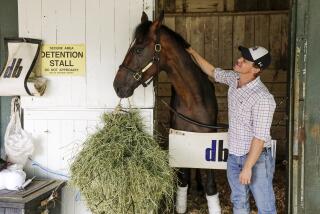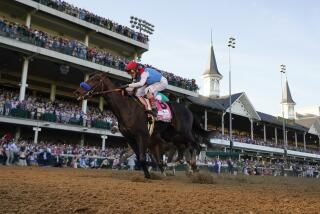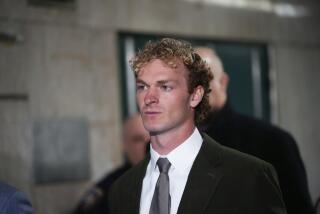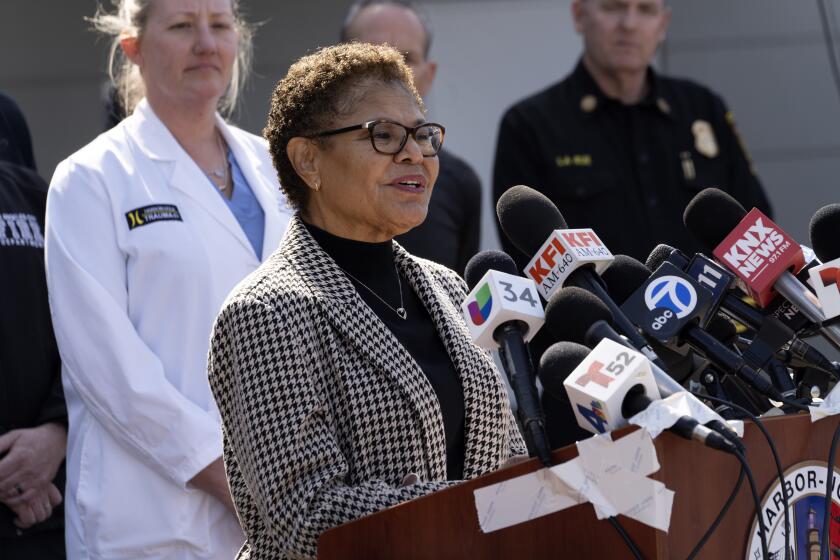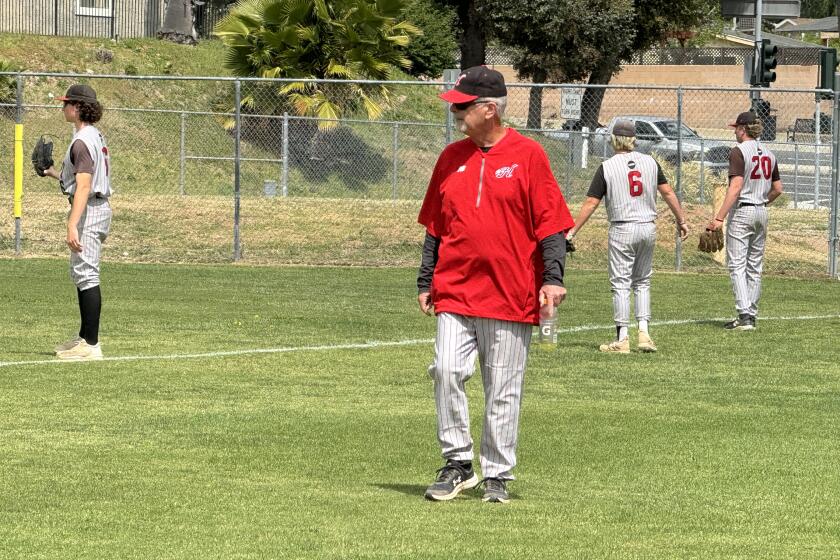Floyd Landis says anti-doping officials sought information on Lance Armstrong
Tour de France winner Floyd Landis on Thursday said U.S. anti-doping authorities offered him a reduced penalty in his own doping case last year if he would provide evidence incriminating cycling superstar Lance Armstrong, a former teammate.
Landis said he was so offended by the overture that he refused to respond. He said the offer was communicated to his Agoura Hills-based attorney, Howard Jacobs, by Travis Tygart, general counsel to the U.S. Anti-Doping Agency, in August shortly after Jacobs was retained to handle Landis’ defense.
Tygart “said he would give me the best deal they’d ever given an athlete” facing doping charges, Landis said. He understood that to mean he would face a suspension from competition for less than one month, Landis said.
The offer was made on condition that he provide USADA with “evidence that would incriminate Lance,” he said.
Tygart did not respond to a request from The Times for comment on Landis’ statement Thursday. However, he told Reuters that rules prevented him from discussing matters relating to an ongoing case. “If Mr. Landis wishes to waive the rule and allow USADA to comment, I will be more than happy to address his nonsense,” he said, “otherwise I can’t comment.”
Armstrong and Landis were teammates for three years, but Armstrong already had retired from racing at the time Landis said the offer was made. The 2006 Tour de France won by Landis was the first in which Armstrong did not compete after a string of seven consecutive Tour victories.
Landis made the revelation at a news conference in advance of public hearings scheduled to begin Monday at Pepperdine University in Malibu into his doping case. The American racer, who has denied guilt, said he has spent more than $1 million on his defense. He is accused of using testosterone as a doping agent during his championship run in last summer’s Tour de France.
USADA is the prosecuting agency in the case, which is being heard by a panel of three arbitrators. If the arbitrators uphold the charge and Landis loses a further appeal, he faces a two-year suspension and the loss of his Tour de France title.
USADA has been known to seek testimony from accused athletes against teammates or training partners in other cases, notably those in which lab test results were insufficient to support contentions.
Tygart’s alleged willingness to offer Landis a minimal sanction could suggest internal doubts among USADA officials over the strength of its disputed lab results.
However, anti-doping officials have consistently maintained that the evidence against Landis is incontrovertible. This year, for example, Richard Pound — head of the World Anit-Doping Agency — contended publicly that the testosterone readings in Landis’ Tour de France sample were so high that “you’d think he’d be violating every virgin within 100 miles.”
Landis said Thursday that he was planning to file an ethics complaint against Pound for the remark.
Armstrong filed his own ethics complaint against Pound with the International Olympic Committee last year, over Pound’s public contention that Armstrong had taken the blood-doping hormone erythropoeitin (EPO) during the 1999 Tour de France. In February, the IOC formally rebuked Pound for the comments, which it said had improperly impugned Armstrong’s integrity.
The alleged Tygart offer to make a deal with Landis underscores the determination of some anti-doping officials to link Armstrong with drug use. He has been a target of suspicions for years, but no formal charges of drug use have been made against him.
Armstrong has repeatedly dismissed such suggestions as the product of a witch hunt.
michael.hiltzik@latimes.com
More to Read
Get our high school sports newsletter
Prep Rally is devoted to the SoCal high school sports experience, bringing you scores, stories and a behind-the-scenes look at what makes prep sports so popular.
You may occasionally receive promotional content from the Los Angeles Times.
